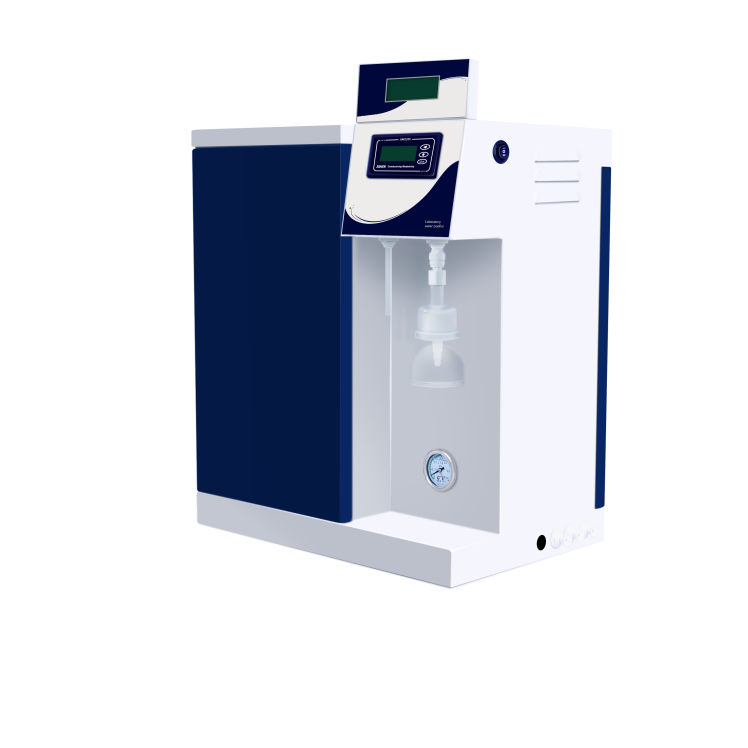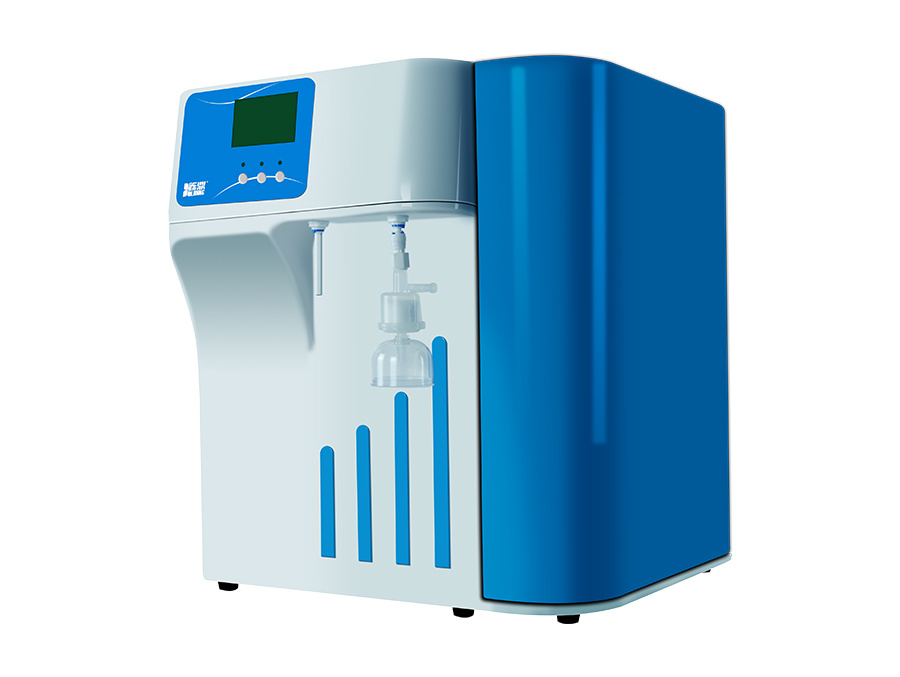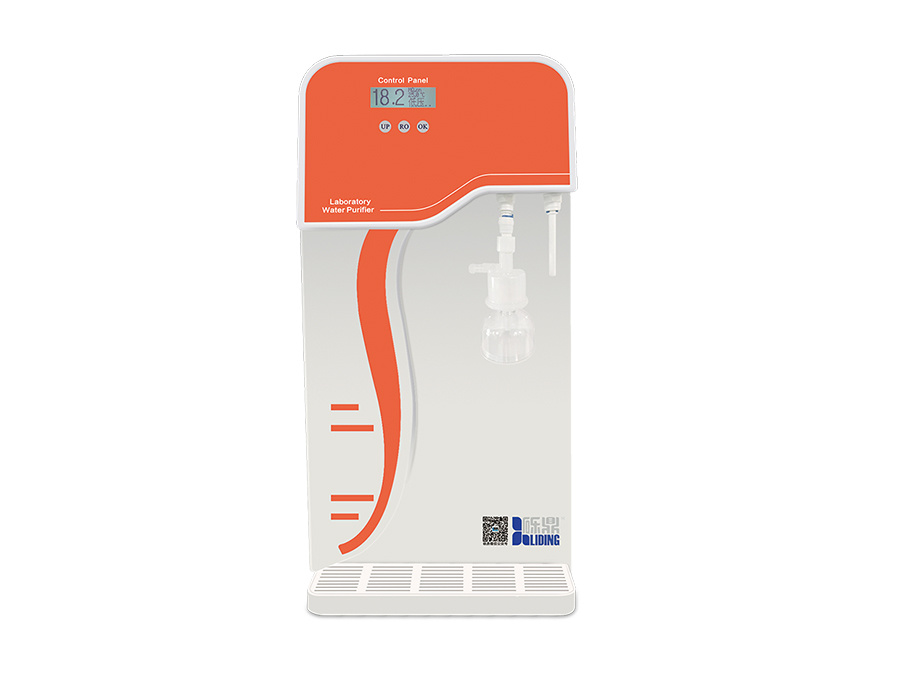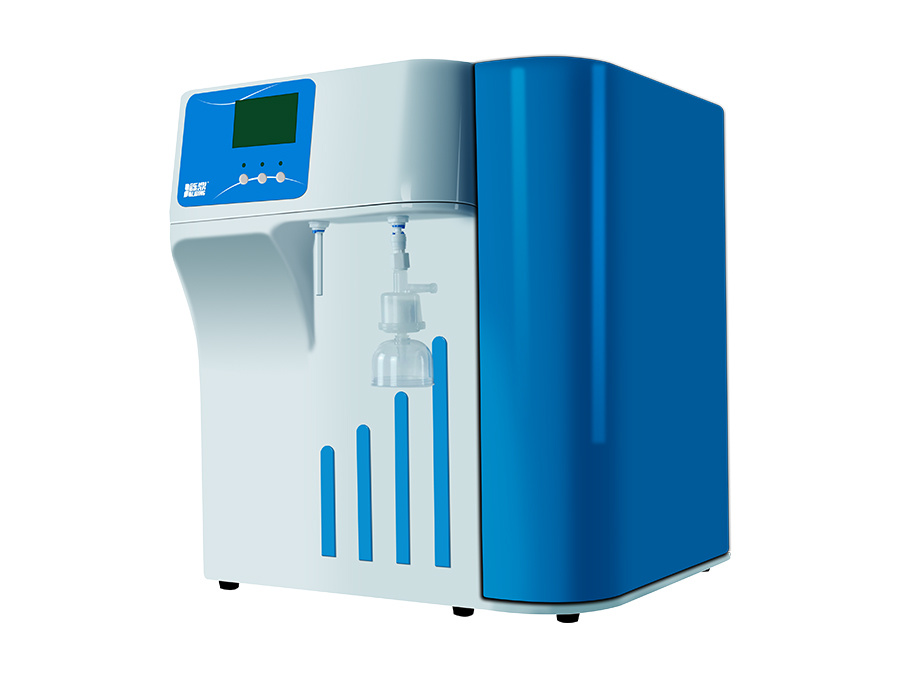Why Ultra Pure Water Treatment is Essential for High-Quality Production
Time:
Apr 30,2025
Why Ultra Pure Water Treatment is Essential for High-Quality Production
Introduction to Ultra Pure Water Treatment
In today's competitive industrial landscape, maintaining high-quality production standards is paramount. One critical component that significantly influences product quality is water—specifically, ultra pure water (UPW). Ultra pure water treatment is a sophisticated process designed to remove impurities, ensuring that the water used in manufacturing meets stringent quality requirements. This article delves into the importance of ultra pure water treatment and its implications for various industries.
The Basics of Ultra Pure Water
Defining Ultra Pure Water
Ultra pure water is water that has been treated to remove virtually all contaminants, including organic and inorganic substances, bacteria, and dissolved gases. The typical purity levels of ultra pure water are measured in terms of resistivity, with values often exceeding 18.2 MΩ·cm, indicating the absence of contaminants.
Importance of Purity in Different Industries
The need for ultra pure water varies across industries but is particularly critical in sectors such as electronics, pharmaceuticals, and food production. Each of these industries has unique requirements that necessitate the use of ultra pure water to maintain quality and compliance with regulations.
Key Industrial Applications of Ultra Pure Water
1. Electronics Manufacturing
In the electronics industry, ultra pure water is essential for rinsing semiconductor wafers and cleaning components. The presence of even minute levels of contaminants can lead to defects, affecting product performance and reliability. Therefore, UPW systems are employed to ensure that water used in these processes is free from impurities.
2. Pharmaceutical Production
Pharmaceutical manufacturing relies heavily on ultra pure water for the formulation of drugs, cleaning equipment, and preparing solutions. Any contaminants in the water can compromise drug safety and efficacy, making ultra pure water treatment a non-negotiable requirement for compliance with Good Manufacturing Practices (GMP).
3. Food and Beverage Industry
In the food and beverage sector, ultra pure water is used in various applications, including ingredient formulation, cleaning, and packaging. Ensuring that the water used in these processes is free from contaminants is crucial for maintaining product safety and quality.
The Ultra Pure Water Treatment Process
Understanding the Treatment Technologies
The treatment of water to achieve ultra purity involves several stages, each designed to target specific contaminants. Common technologies employed in ultra pure water treatment include:
1. Reverse Osmosis (RO)
Reverse osmosis is a membrane filtration process that effectively removes dissolved solids, organic compounds, and microorganisms. RO systems serve as a primary step in producing ultra pure water.
2. Deionization (DI)
Deionization is a process that exchanges ions in water with hydrogen and hydroxide ions, removing ionic impurities. This stage is crucial for achieving the high resistivity required for ultra pure water.
3. Ultraviolet (UV) Disinfection
UV disinfection uses ultraviolet light to eliminate bacteria, viruses, and other pathogens. This technology is often employed as a final polishing step to ensure microbial safety in the produced ultra pure water.
4. Filtration
Microfiltration and ultrafiltration are used to remove larger particles and colloids, contributing to the overall purity of the water.
The Benefits of Ultra Pure Water Treatment
Enhancing Product Quality
Using ultra pure water in production processes directly contributes to the quality of the final product. In industries such as pharmaceuticals and electronics, even minor impurities can lead to product defects, recalls, and significant financial losses. By employing ultra pure water treatment, manufacturers can uphold the highest quality standards.
Improving Operational Efficiency
Ultra pure water systems are designed to streamline production processes. By reducing the need for extensive cleaning and rework due to contaminants, businesses can enhance efficiency and productivity. This leads to lower operational costs and improved profitability.
Compliance with Regulatory Standards
Regulatory agencies impose strict guidelines on water quality in various sectors. Ultra pure water treatment ensures that businesses meet these standards, avoiding potential fines and legal issues. Compliance with regulations also enhances brand reputation and consumer trust.
Investing in Ultra Pure Water Treatment Systems
Cost Considerations
While the initial investment in ultra pure water treatment systems may be substantial, the long-term savings and benefits outweigh the costs. Organizations should consider factors such as reduced downtime, lower maintenance costs, and improved product yields when evaluating the financial implications of UPW systems.
Choosing the Right System
Selecting the appropriate ultra pure water treatment system requires careful consideration of factors such as water source quality, production capacity, and specific industry requirements. Consulting with experts in water treatment can help businesses make informed decisions that align with their operational needs.
Challenges in Ultra Pure Water Treatment
1. Maintenance and Monitoring
Maintaining ultra pure water systems requires regular monitoring and maintenance to ensure optimal performance. This includes routine checks on filter integrity, system cleanliness, and water quality testing.
2. Environmental Concerns
The disposal of waste produced during ultra pure water treatment processes can pose environmental challenges. Implementing sustainable practices in waste management is crucial for minimizing the ecological impact of these systems.
Future Trends in Ultra Pure Water Treatment
Advancements in Technology
The field of ultra pure water treatment is continually evolving, with new technologies emerging to enhance efficiency and effectiveness. Innovations such as advanced membrane technologies, energy-efficient systems, and smart monitoring solutions are paving the way for improved water treatment processes.
Growing Demand Across Industries
As industries increasingly recognize the importance of ultra pure water, the demand for advanced treatment systems is expected to rise. Companies are investing in innovative solutions to address specific needs and ensure compliance with ever-evolving regulations.
FAQs about Ultra Pure Water Treatment
1. What is the difference between pure water and ultra pure water?
Pure water contains minimal contaminants, while ultra pure water has been treated to remove virtually all impurities, achieving a resistivity of 18.2 MΩ·cm or higher.
2. How is ultra pure water used in the electronics industry?
In electronics manufacturing, ultra pure water is used for rinsing semiconductor wafers and cleaning components to prevent defects caused by contaminants.
3. Why is ultra pure water essential for pharmaceutical production?
Ultra pure water is critical in pharmaceutical manufacturing for drug formulation and equipment cleaning, ensuring compliance with safety and efficacy standards.
4. What technologies are used in ultra pure water treatment?
Common technologies include reverse osmosis (RO), deionization (DI), ultraviolet (UV) disinfection, and various filtration methods.
5. What are the maintenance requirements for ultra pure water systems?
Regular maintenance involves monitoring system integrity, cleaning filters, and conducting water quality tests to ensure optimal performance.
Conclusion
Ultra pure water treatment is essential for high-quality production across various industries, from electronics to pharmaceuticals. By understanding the significance of ultra pure water, businesses can enhance product quality, improve operational efficiency, and remain compliant with industry regulations. Investing in modern treatment technologies not only addresses current needs but also prepares organizations for future demands, ensuring sustainable and high-quality production for years to come.
RELATED NEWS








